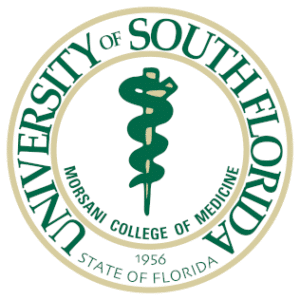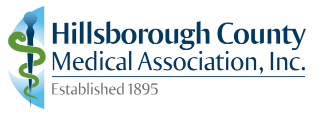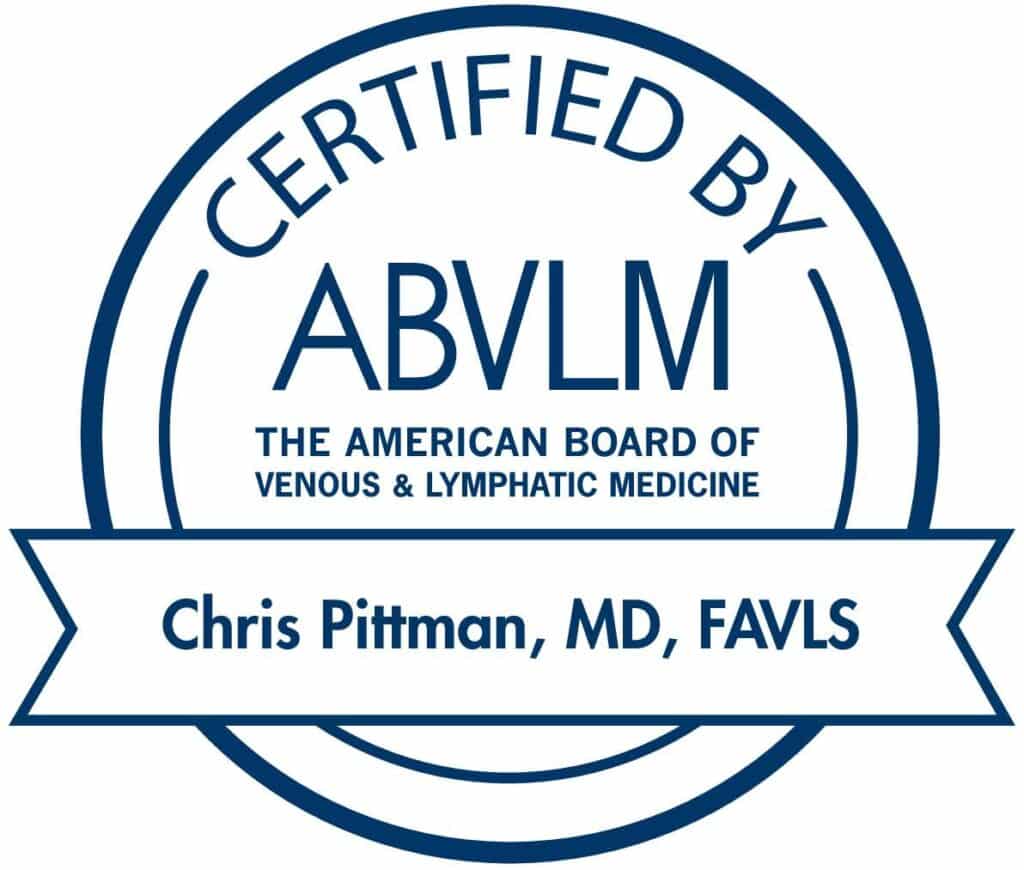Deep vein thrombosis and cancer are two separate conditions that can lead to serious complications. However, although these conditions may seem unrelated at first, they actually share a two-way connection. Having cancer can raise a patient’s risk of developing a DVT. Likewise, having a DVT increases the likelihood that a patient will be diagnosed with cancer.
About DVT and Cancer
DVT is a clot that forms in a deep vein, usually in the legs. DVT is dangerous because the clot can break away and travel to the lungs or heart, causing potentially life-threatening consequences. Cancer, on the other hand, is a condition that develops when abnormal cells multiply and invade healthy tissue.
How Cancer Increases Risk of DVT
When you are healthy, your body can usually prevent your blood from forming clots when it isn’t supposed to. However, when you have cancer, the abnormal cells can trigger swelling and increase the risk of clots. In addition, cancerous tumors also produce certain chemicals that may contribute to clotting. In some cases, these blood clots may form even before the patient knows he or she has cancer.
The treatments your doctor prescribes to treat cancer may also contribute to the risk of DVT. Certain chemotherapy medications may lower the levels of specific proteins in your blood that are responsible for preventing the formation of clots. These medications may also damage your blood vessels. In addition, if your cancer requires you to have surgery, your risk of developing a blood clot may increase further.
Does DVT Increase the Risk of Cancer?
If you have had DVT, you are more likely to be diagnosed with cancer. However, researchers don’t believe that DVT actually causes cancer. In many cases, DVT is simply one of the first symptoms of a cancer that has already developed.
Preventing DVT
Whether or not you have been diagnosed with cancer, you should do what you can to prevent DVT, especially if you have other risk factors that make this condition more likely. The potential for complications with this condition is high, so preventing these clots from forming in the first place is best. To prevent DVT, you shouldn’t spend too much time sitting or standing in one position, as this can make clotting more likely. You should also lose any excess weight and quit smoking if you are a smoker.
If you are already experiencing the symptoms of DVT, or if you suffer from varicose veins, effective vein treatment options are available. Please contact Vein911® Vein Treatment Centers today to schedule a consultation with an experienced vein doctor.











